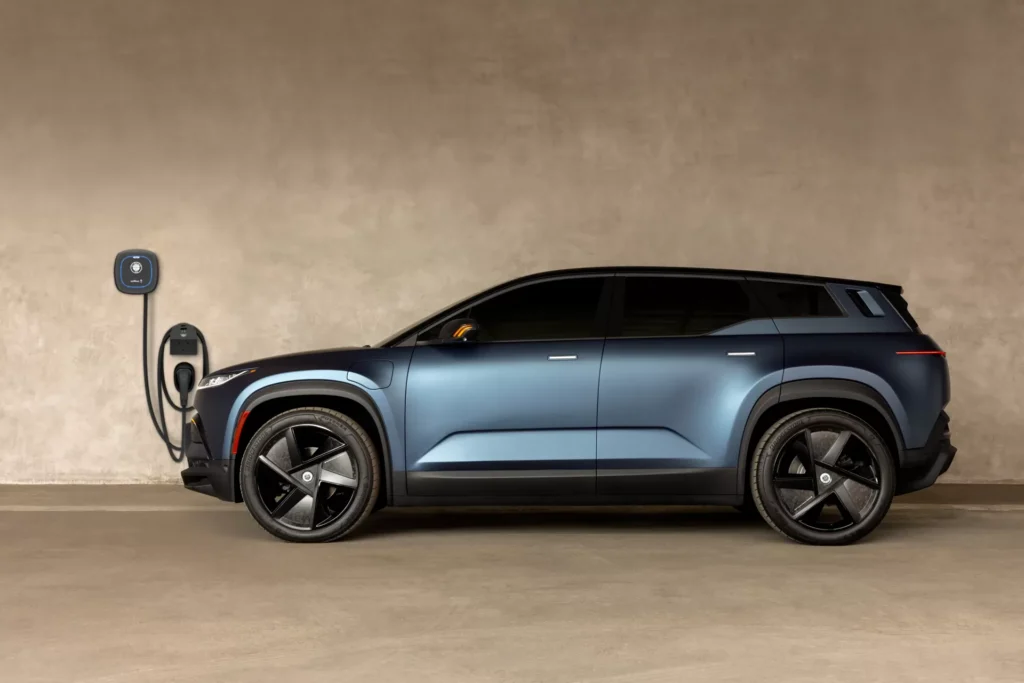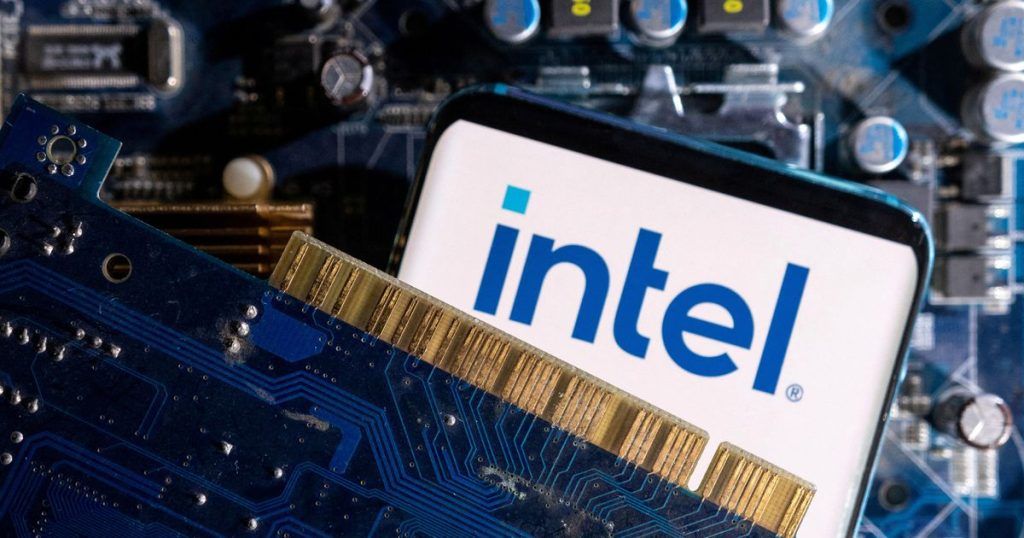Fisker, an American company that makes electric cars, filed for bankruptcy late Monday night. The company wants to save its business by selling assets and reorganizing its debt after running out of money trying to make more Ocean SUVs.
In the past two years, several companies in the very competitive EV market have gone bankrupt. These companies had to deal with falling demand, problems getting money, and problems running their businesses because of problems in the global supply chain.


The company, which was started by Henrik Fisker, a car designer, raised concerns about its ability to stay in business in February. It then failed to get an investment from a major automaker, which forced it to cut back on its activities.
After talks with Nissan, Reuters reported, failed, Fisker was denied $350 million from an anonymous investor contingent on the automaker’s commitment. This forced Fisker to look for other choices.
“Like other companies in the electric vehicle industry, we have faced various market and macroeconomic headwinds that have impacted our ability to operate efficiently,” said Fisker.
Fisker Group Inc., the company’s working unit, said in its Chapter 11 bankruptcy filing in Delaware that it had assets worth $500 million to $1 billion and debts worth $100 million to $500 million.
Files showed that Adobe, Alphabet’s Google and SAP are among its 20 biggest debtors.
Read More: Britain Has a Smart EV Charging Network Expansion Strategy
UNFINISHED BUSINESS
Fisker went public in late 2020 after merging with a “blank-check” company. This gave it a value of $2.9 billion and more than $1 billion in cash on hand.
The listing gave its Danish CEO and founder a second chance to build a car business after his first company, Fisker Automotive, went bankrupt in 2013 because of the 2008 financial crisis and a battery problem in the Karma hybrid sedan that caused a large recall.
Henrik, who used to work as a design expert for Tesla, said at the time of the listing that Fisker wanted to be the Apple of the car business by having other companies make its cars.
The “asset light model” was created to shorten the time it takes to make a car and lower the cost of putting one on the market.
On the other hand, its Ocean SUV had many software and hardware problems. Consumer Reports, a well-known non-profit, called it “unfinished business.”
The government is also looking into the car because of brake problems, moving into parks and other modes, and doors that won’t open sometimes.
Fisker stopped selling directly to consumers in January after delivering less than half of the more than 10,000 cars it made last year. Instead, it switched to a plan based on dealerships.
It had made deals with 15 dealers in the U.S. and 12 partners in Europe, but it still couldn’t get rid of its over 5,000 cars in stock.
“Fisker has been on life support for months, so the news today shouldn’t be a surprise.” Brent Nelson, vice president and stock analyst at CFRA Research, said, “It wasn’t the first EV startup to go bankrupt, and we don’t think it will be the last.”
FAQs
Fisker, like other EV startups, faced financial difficulties due to a challenging market and economic climate. This included failing to secure funding and operational issues.
Fisker plans to sell various assets as part of its restructuring. This could include intellectual property for unproduced vehicles like the Pear, Alaska, and Ronin. The company estimates its assets to be worth $500 million to $1 billion.
The future of Fisker itself is uncertain. The Chapter 11 filing applies to Fisker Group Inc., the operating unit, and not the entire company.




